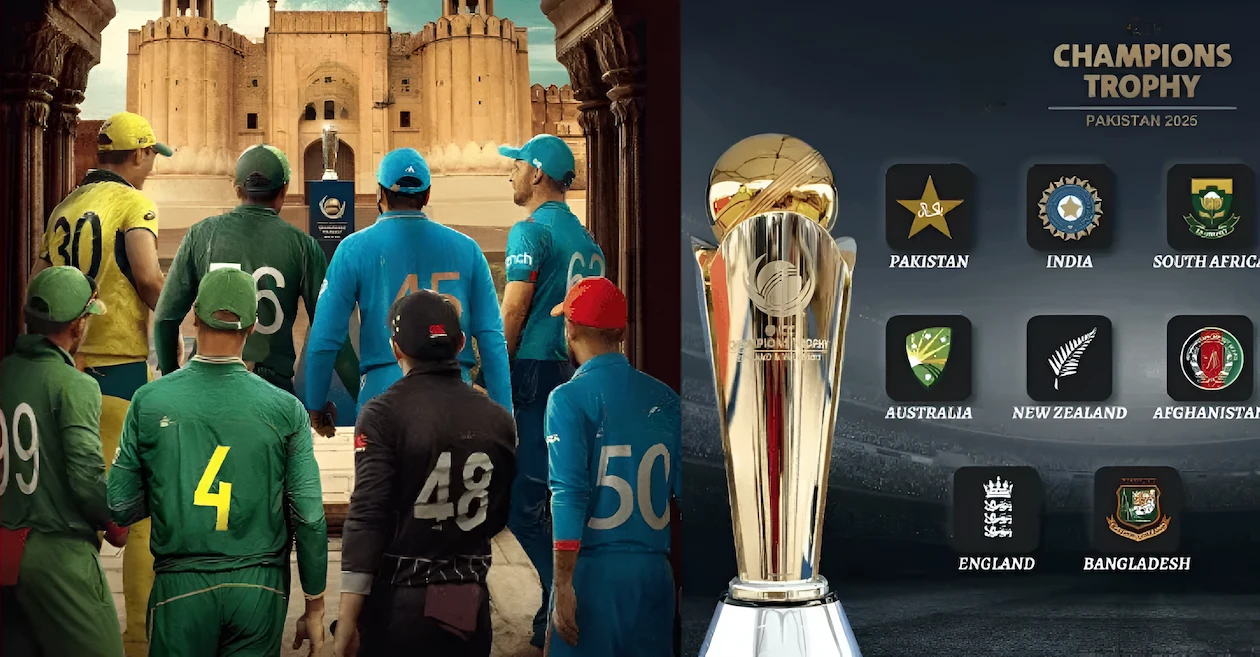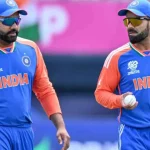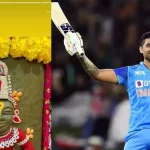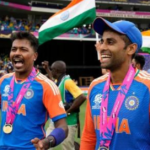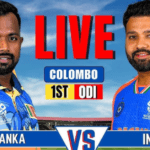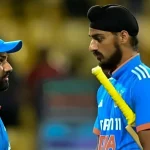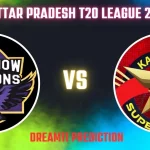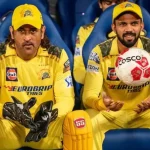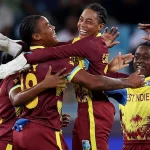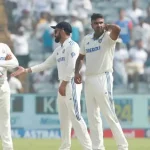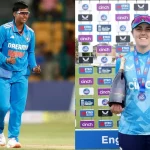The Board of Control for Cricket in India (BCCI) recently announced its refusal to send Team India to Pakistan for the ICC Champions Trophy in 2025, stirring up a significant challenge for the Pakistan Cricket Board (PCB) and its chairman, Mohsin Naqvi. Determined to host the prestigious tournament entirely within Pakistan, Naqvi now faces increasing international pressure to adopt a hybrid model—an arrangement that would shift India’s games to the United Arab Emirates (UAE) while allowing the rest of the tournament to proceed within Pakistan. The International Cricket Council (ICC) has proposed this solution to balance India’s security concerns with Pakistan’s hosting rights, but the PCB remains firm in its initial stance.
ICC’s Hybrid Model Proposal: A Compromise Solution
In light of India’s refusal, the ICC has suggested a hybrid model as a potential solution to ensure the Champions Trophy remains in Pakistan. This proposal, however, does not come without complications. According to ICC sources, under the hybrid plan, Pakistan would host the majority of matches domestically, with only India’s games being shifted to the UAE. This solution aims to respect India’s security concerns while honoring Pakistan’s right to host. Should the PCB reject this compromise, the ICC has made it clear that South Africa is prepared to step in as an alternative host country for the entire tournament, which would strip Pakistan of the Champions Trophy entirely.
This hybrid arrangement, while unconventional, has precedent: the 2023 Asia Cup saw a similar model implemented. During that tournament, Pakistan hosted part of the event domestically, while India’s matches took place in Sri Lanka due to comparable concerns. That format enabled the Asia Cup to proceed smoothly, with India eventually claiming the trophy. By endorsing this model, the ICC hopes to prevent relocation from Pakistan, but it is unclear if the PCB will ultimately accept this compromise or continue to push for a fully domestic tournament.
PCB’s Reluctance and Naqvi’s Strong Stand
Despite the ICC’s advocacy, PCB Chairman Mohsin Naqvi has resisted any plans to divide the Champions Trophy across two countries. Speaking at Gaddafi Stadium in Lahore, Naqvi emphasized that Pakistan has made repeated goodwill gestures in the spirit of cooperation, yet he believes there is a limit to the concessions Pakistan can continue to make. According to Naqvi, the PCB has not received any formal proposal for a hybrid model from the ICC, and he expressed that Pakistan cannot be expected to compromise indefinitely, given the board’s recent efforts to accommodate international cricket’s demands.
“Till today, no one has discussed any ‘Hybrid Model’ with us nor are we willing to talk about it. But we have been showing good gestures for the last few years, and no one should expect us to do it all the time,” Naqvi stated, asserting Pakistan’s position. He further indicated that any final decision on the matter will be taken in consultation with the government, signaling the delicate balance between PCB’s cricketing responsibilities and national policy considerations. Naqvi’s remarks have made it evident that the PCB is prioritizing sovereignty and national pride, even if it may come at the cost of potentially losing the Champions Trophy.
Government Involvement: The Intersection of Sports and Politics
The PCB’s firm stance aligns closely with Pakistan’s governmental outlook, reflecting the broader political tensions surrounding India-Pakistan relations. Naqvi has acknowledged that the PCB is actively consulting with government officials to seek guidance on the ICC’s proposed hybrid model. Given the history of cricket diplomacy and rivalry between India and Pakistan, this decision extends beyond cricketing concerns and into the domain of national policy.
For Naqvi, deferring to the government underscores the PCB’s commitment to honoring Pakistan’s sovereignty. However, should the government encourage PCB to adopt the ICC’s hybrid model, the PCB might shift its stance. This possibility introduces an additional layer of complexity, as any final decision will be influenced by national interests and geopolitical considerations.
ICC Postpones Champions Trophy Announcement: A Sign of Ongoing Tensions
The ICC’s recent decision to cancel a significant event in Lahore, which was anticipated to unveil the Champions Trophy 2025 schedule, has further fueled speculation about the tournament’s future. Ordinarily, ICC events follow a strict timeline, with tournament schedules released months in advance. However, the unresolved dispute over Pakistan’s hosting rights and India’s participation appears to be delaying official announcements, leaving fans, players, and stakeholders in uncertainty.
By delaying the schedule announcement, the ICC is buying time to negotiate a middle ground that could resolve the PCB’s resistance to the hybrid model while assuaging India’s security concerns. The postponement is a clear indication that the ICC remains hopeful for a diplomatic solution, but the ongoing impasse also underscores the potential fallout if an agreement is not reached soon.
The Stakes for Pakistan: Balancing Pride and Pragmatism
If Pakistan ultimately declines the hybrid model and the ICC relocates the tournament to South Africa, the consequences would be far-reaching for the PCB. Not only would Pakistan lose out on the honor of hosting an ICC marquee event, but it would also miss a golden opportunity to showcase its improved cricketing infrastructure and ability to organize major tournaments domestically. This prospect leaves the PCB in a precarious position, caught between upholding national pride and making a pragmatic decision to retain its hosting rights.
The Champions Trophy is a valuable chance for Pakistan to reaffirm its place as a viable host nation for international cricket, especially after years of limited international events due to security concerns. Losing this opportunity could have repercussions on Pakistan’s cricketing ambitions, potentially affecting future tournament bids and international relations within the cricketing world.
The Path Forward: Potential Resolutions and Diplomatic Strategies
For the PCB, the path forward requires a balanced approach that takes into account both national pride and practical considerations. While Mohsin Naqvi’s firm stance resonates with domestic sentiment, adopting the hybrid model could be a way to ensure that Pakistan retains its hosting rights without alienating the ICC or jeopardizing relations with the broader cricketing community. A diplomatic solution, involving government intervention, may emerge as the best course of action to navigate this situation.
If the PCB agrees to the hybrid model, the Champions Trophy could set a new precedent for accommodating geopolitical tensions within international cricket. Conversely, a refusal to compromise could lead to relocation and intensify the rivalry between Pakistan and India, underscoring how sports diplomacy can reflect broader political dynamics. Regardless of the outcome, this standoff will likely impact the cricketing landscape for both nations and shape future international tournaments.
Please check for information on the best betting sites in India – https://selectory.org/best-betting-sites/
